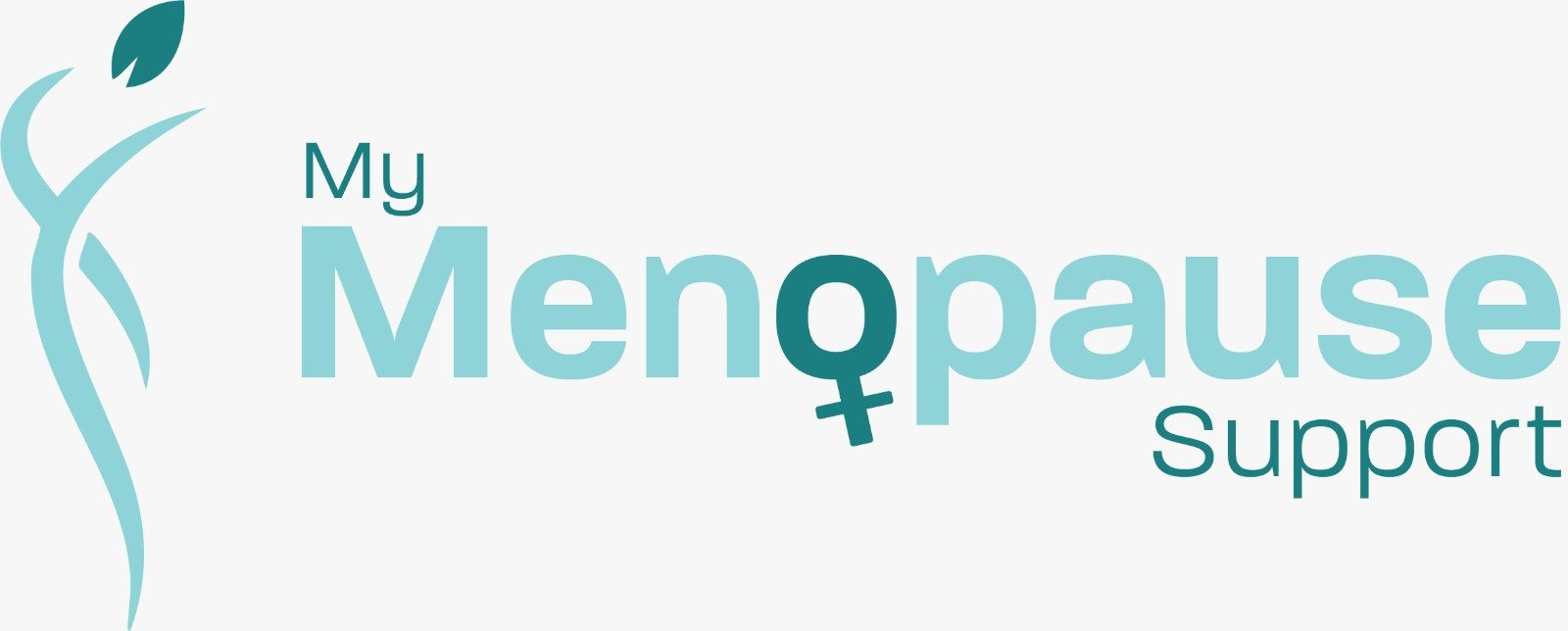Testosterone Therapy for Women
Testosterone Therapy for Women in Menopause
The Forgotten Hormone: Understanding Testosterone's Role in Women
When we talk about hormones and menopause, the conversation is almost always centered around estrogen and progesterone. But there is a third, crucial hormone that is often overlooked: testosterone. While it’s commonly known as a “male” hormone, testosterone is also produced by women’s ovaries and adrenal glands and is absolutely essential for female health and wellbeing.
Throughout your life, testosterone plays a vital role in your energy levels, mood, cognitive function, muscle and bone strength, and, most notably, your sexual desire (libido). The decline of this vital hormone during the menopausal transition can have a significant impact on your quality of life, yet it is frequently left unaddressed. My goal is to bring this “forgotten hormone” into the light, providing a clear understanding of its importance and the potential benefits of therapy.

Testosterone Decline
Why Testosterone Declines and What It Feels Like
Unlike the dramatic drop in estrogen that occurs at menopause, the decline in testosterone is more gradual. A woman’s testosterone levels peak in her 20s and slowly decline thereafter, so that by the time she reaches menopause, her levels may be less than half of what they once were. For many women, the decline is accelerated when their ovaries stop functioning.
When estrogen and progesterone levels are optimized with HRT, but certain symptoms persist, it is often a sign that low testosterone is the missing piece of the puzzle. The most common symptoms associated with low testosterone in women include:
Hypoactive Sexual Desire Disorder (HSDD
This is the primary licensed indication for testosterone therapy. It's a persistent and often distressing loss of sexual desire, fantasies, and interest that is not better explained by other issues.
Reduced Energy & Vitality
A pervasive sense of fatigue or a loss of "zest for life" that isn't resolved by improving sleep or managing stress.
Cognitive Concerns
Difficulty with concentration, focus, and verbal memory, often described as a persistent "brain fog."
Mood Changes
A low mood or increased anxiety that doesn't fully resolve with estrogen therapy.
Physical Changes
A noticeable decrease in muscle mass and strength, despite regular exercise.
Testosterone Replacement
Restoring Your Balance
Testosterone therapy for women is not about creating unnaturally high levels of the hormone. The goal is simply to restore your testosterone levels back to the normal, healthy physiological range for a woman. It is a supplementary, not a super-charging, therapy.
How it Works
The therapy is prescribed in the form of a gel or cream that is applied to the skin daily. This transdermal method allows for a steady, controlled absorption of the hormone directly into the bloodstream.
The Right Product
Currently, there are no testosterone products specifically licensed for women in the UK. We use a government-regulated male testosterone product (available on the NHS and privately) and prescribe it at a much smaller, carefully calculated dose that is appropriate for a woman. This is a common and accepted practice in menopause specialist care
Monitoring is Key
Your treatment will be closely monitored. We will conduct a baseline blood test before you start and repeat the test after a few months to ensure your testosterone levels are within the optimal female range and are not rising too high.


Frequently Asked Questions
It was very comfortable talking to Dr Dudeja about the symptoms I have been experiencing. She made me feel at ease so I could explain everything in detail.
I was made to feel at ease and comfy very quickly which helped me relax and explain my struggles and symptoms .

